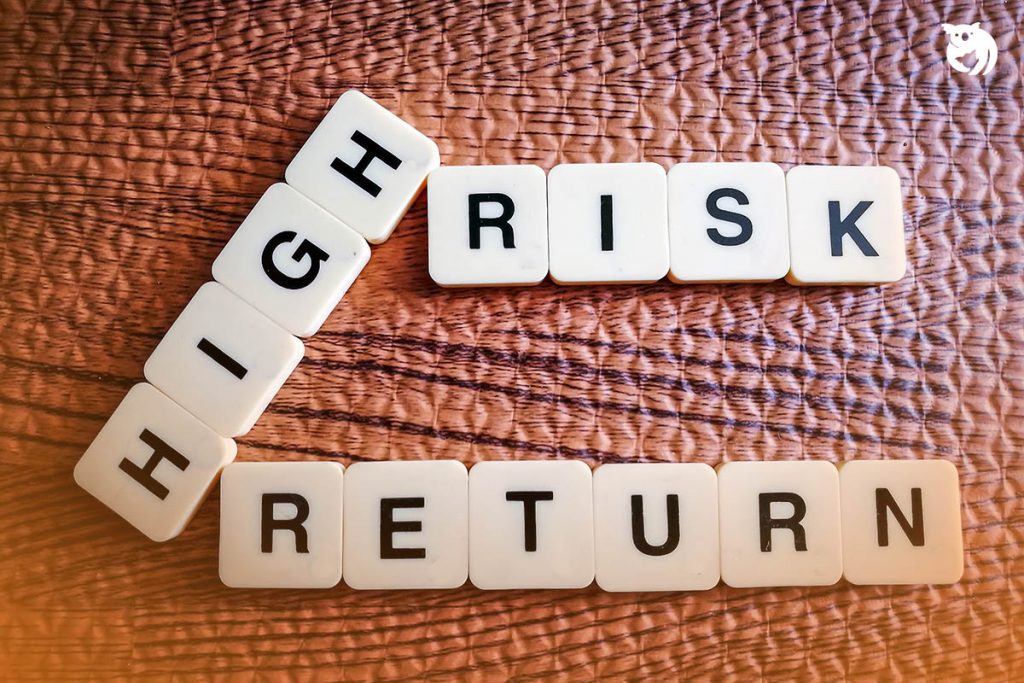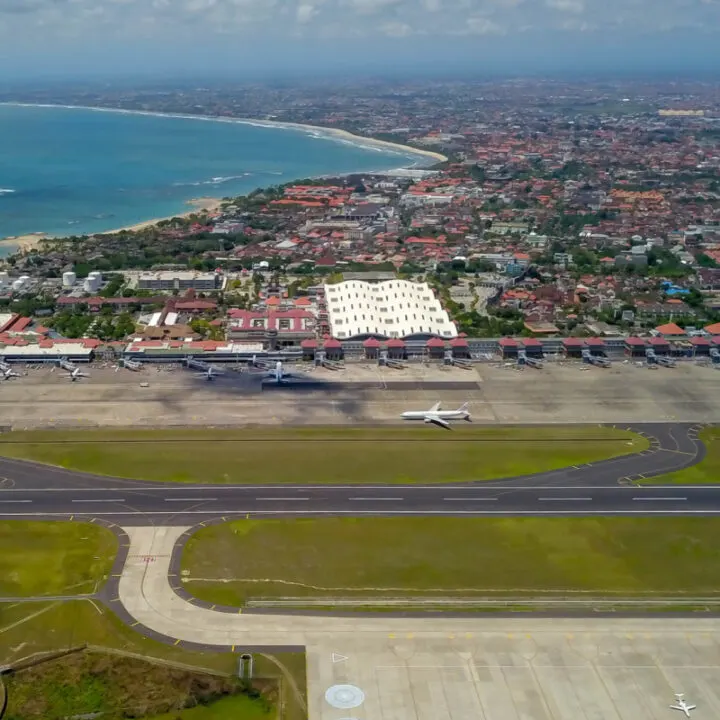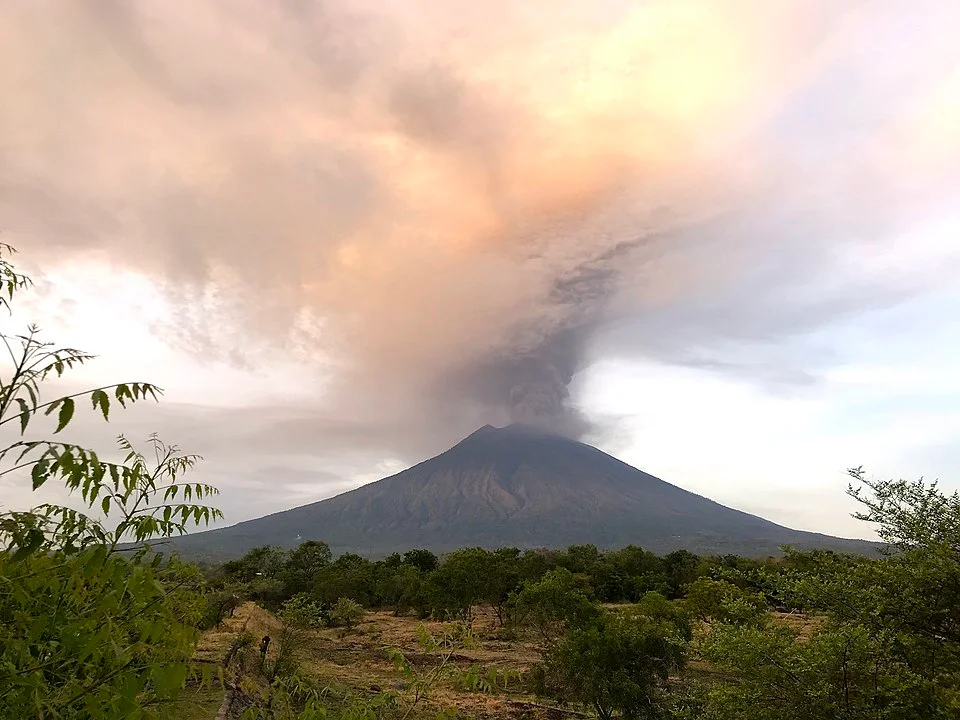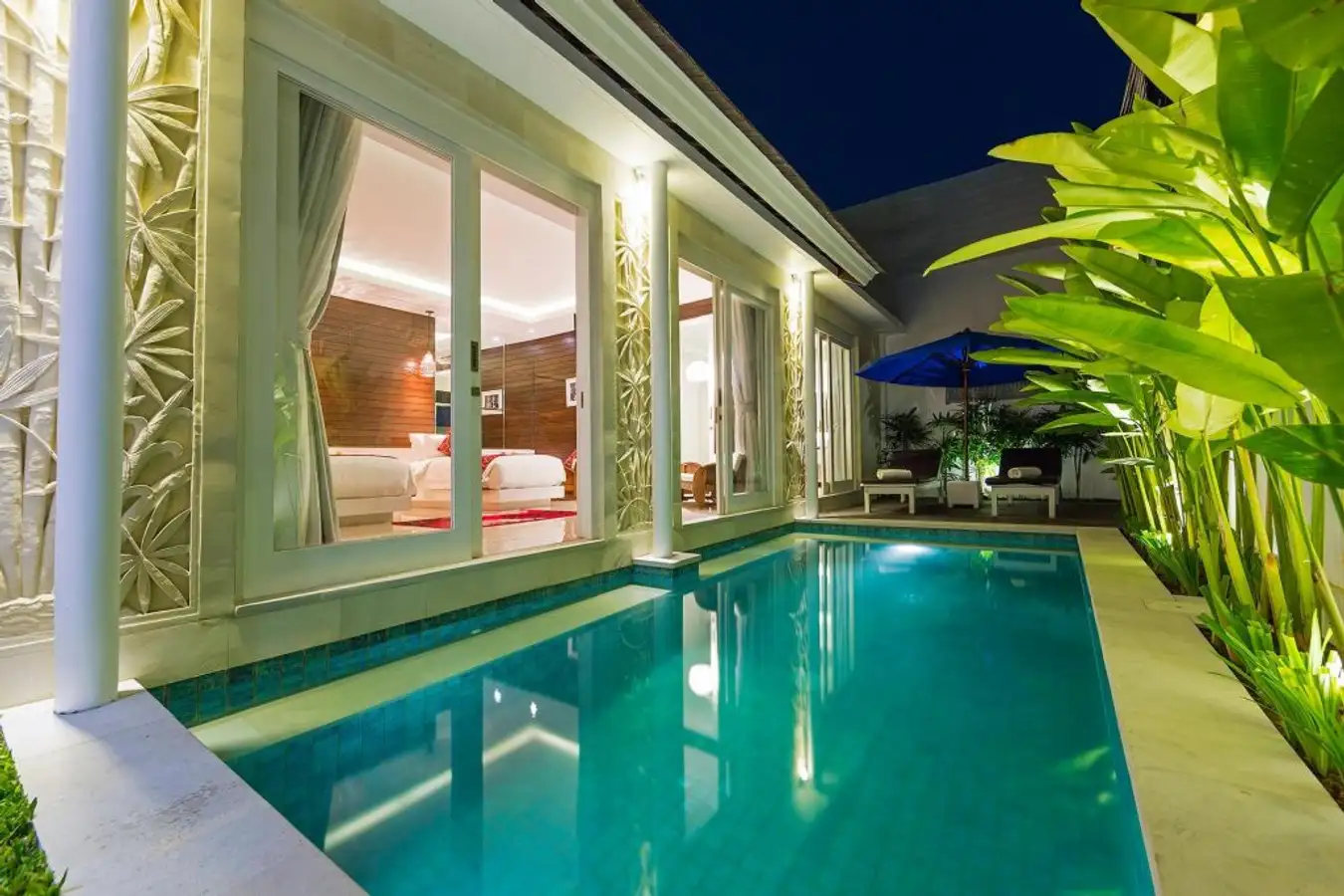ROI in Bali Real Estate: the Cold Hard Truth
The ROI of real estate in Bali has always been an intense subject of controversy, especially for the residents that have been on the island for a while and have seen the boom, and burst, of many investments.
If you are planning to invest in Bali real estate, here is what nobody wants you to know about the (true) ROI.
Reminder on usual rental ROI calculation
If you are new to real estate investment, the ROI might be a confusing matter, especially when investing in a foreign country such as Indonesia.
But Bali or not, the ROI formula of a rental estate remains pretty straightforward. In a nutshell:
ROI = (Profit – cost of investment) / cost of Investment)
At the end, you should have a ROI in %.
Profits here can be considered as “operational profits”, while the cost of the investment is really tied to the amount you put on the table to purchase it, and eventually the first renovation.
For instance:
- You bought your Bali property 250K
- You invested 50K to renovate the property, bringing the total cost of investment to 300K
- Your property generate a gross rental income of 5K / month or 60K / year
- Your taxes combined represent 10% of yearly income (=6K a year)
- You spend around 5k / year for maintenance
- You spend around 4K / year for travel agents and marketing and other fees
- You have to pay back your mortgage 15k / year
⇒ Your ROI = (60k – 6k – 5k – 4k – 15k ) / (250k +50k) = 10%
Of course, this is a gross simplification, in real life things can get more complicated and less predictable as most variables can vary, especially in a market like Bali.

Yes, ROI on real estate in Bali CAN be very high
You may see huge ROI on adverts, boasting numbers that seem unrealistic in other markets, sometimes up to 30% or even 50%.
Is it possible in Bali? Yes.
But it’s (very) far from being the norm. Like everywhere else, you have the people that make it big, the ones that do OK, and the ones that suffer or go bankrupt.
So while making 30% ROI a year is technically possible, don’t think that this is a default setting. Most investors do not have these returns.
What people usually don’t tell you about the true real estate ROI in Bali
Let’s be honest, many Bali professionals in Bali have incentives in making the island a bit shinier that it actually is, especially in the real estate industry.
Real estate industry in Bali is like the pickaxe and shovel industry during the gold rush.
Most agents or villa construction & management companies will not always be very upfront about the following details.
Most ROI advertised are never met
There is no such thing as a guaranteed ROI in any investment…ever.
Even treasury bonds could in theory disappear overnight if the state of a country goes bankrupt.
The same goes for all advertised ROI in Bali. A construction or management company surely can advertise a 30% expected return on investment. But that doesn’t mean it will happen and doesn’t commit them to much from a legal standpoint, especially not to guarantee you any kind of return.
An expectation is not legally binding in any way.
Keep in mind that the ROI is always a reflection of the risk. If someone says that the ROI on a particular Bali property is expected to be 50%, it means that you are in a pure speculation territory with a high risk high reward approach.
So don’t be fooled by ads. A future return is always an estimate, and the higher it is, the higher the risk too.

The ROI of your investment in Bali is extremely dependent on its location
ROI on Bali real estate is anything but constant throughout the island.
The trend in Bali can make or break your ROI
Anybody know that when a city or a village goes trendy in Bali, the next thing that follows is a huge and fast real estate frenzy.
It usually doesn’t last long until the construction begins. Canggu was a relatively peaceful village until 2016, and then the construction went frantic for at least 3 years.
The Bukit and Uluwatu were nowhere near the level of development they now have just before Covid.
The same happened in Kuta, then Legian and Seminyak before that. The same is happening now North of Canggu.
Naturally, when you invest before the trend starts, your ROI might be huge. And so is the risk that the place never really get trendy.
On the other side, invest at the peak of the hype right before another new trend emerges and your ROI might tend to 0 or even be negative.
Location trends aren’t as long as you might think
The highs and lows of trendy places in Bali dictate a huge part of touristic demand…thus ROI.
But these trends, although very intense, aren’t usually very long.
10 years is already very long in Bali to go from “the new cool place to be” to a relatively mainstream area.
And the ROI will naturally follow that trend since once a place becomes mainstream, it is no longer cheap, so reaching high ROI is harder.
Some areas are saturated with high offer and low occupancy rate, lowering prices and ROI
In Bali, the peak of trends usually lead to too much construction.
And sometimes, it also moves a part of the demand… somewhere else, or at the very least changes the demographic from wealthy to less wealthy.
It is more or less what happened to Kuta. It got so built that people started to move north to Seminyak, Canggu or even higher. The city was left with a lot of construction and a low occupancy rate, which forced owners to drop rental prices.
Over time, the nature of the demand in Kuta changed to favour cheaper tourism.
That doesn’t mean you can’t have great ROI in such places if you have the right real estate to market to the right people, but the huge offer and the demand with limited budget doesn’t make it easy.
You are dependant on tourism if you expect high ROI
Like most places in the world, a properly managed short term rental has higher ROI than the longer term one, despite needing more time and investment to manage.
In Bali, most of the GDP is driven by tourism. And the highest ROI in real estate is also usually in tourism.
Even if you rent to expat, chances are their income is also highly dependent on tourism one way or another.
Many real estate investors and managers simply went broke during covid.
Digital nomads and retired foreigners are one of the only exceptions in Bali as their revenue is usually quite independent from tourism.

Fixed costs to maintain a villa aren’t as low as you may think
Villas are the most popular investment for foreigners in Bali.
But maintaining a villa, especially for short term rental with high expectations and customer reviews on booking sites, requires a lot of maintenance.
Naturally, the maintenance of the pool, the plumbing, the garden, the furnitures or the cleaning comes at a cost that you should definitely consider carefully.
You do need to add legal structuring fees to your ROI calculation if you are looking for short term gains
If you are new to Indonesia, you probably do not have any legal structure such as a company to legally buy your property.
The legal structuring of real estate for foreigners in Bali is expensive. If you are in the long term game, the cost is almost negligible and will mostly be felt the first year or so.
But if you want quick profit, include the cost of setting up your company in your ROI calculations.
You will pay taxes in Indonesia on profits generated
Of course, any profit generated will be liable for taxes in Indonesia at least, and maybe in your country if there aren’t any double taxation treaties.
Taxes in Indonesia are generally low compared to many countries, especially western countries. But that doesn’t mean that your ROI will be tax free.
Real estate quality isn’t always great in Indonesia
Real estate in Bali can mean a lot of different things when it comes to quality.
Long story short, you usually get what you paid for.
Cheap cheap usually means a lot of maintenance costs that could destroy your ROI. It can also affect your sale price if you intend to flip your property.
Freehold vs leasehold: what impact on ROI?
Freehold vs leasehold has always been a long debate among foreigners in Bali.
Leaseholds remain under the name of the true owner, and are only rented long term to the user, who could do a rental business with the property over the duration of the lease.
Freeholds have to be under a PT-PMA (a limited liability company) when you are a foreigner in Indonesia, and it’s your company that owns the property.
Pros and cons of freehold for ROI
Pros:
- Full control over the property
- Can fully benefit from real estate price appreciation
- No risk to negotiate contracts renewals
- Can be sold to companies or Indonesian citizens easily (relatively liquid)
Cons:
- Complex and expensive legal framework to set up as a foreigner
- The heavy maintenance is on you
- You are exposed to price depreciation
Pros and cons of leasehold for ROI
Pros:
- Cheaper to buy
- Easier and cheaper legal set up
- Good hedge against real estate price increases
- Heavy maintenance still lies on the owner
Cons:
- You are not the owner
- You run the risk of losing the property or increase in price every time you have to renew the lease
- The lease value decreases over time
- Reselling a lease is harder than freehold (bit more illiquid)
Overall, it’s a case by case situation.
Some investors manage to get huge ROI with properly planned and negotiated leaseholds or freeholds.
It all depends whether or not you bought at fair value and how much you manage to generate through your investment.
What net ROI can you realistically expect on a real estate investment in Bali?
So how much could you realistically make, net for your pocket, with a Bali real estate investment? Here is a quick breakdown of ROI after taxes and all expenses included over decades.
- Negative to 0%: You bought too high in the wrong place and fail to have a decent occupancy rate
- 0%-5%: Realistic ROI for investment outside of tourism, in mature or declining areas.
- 5%-10%: Properly managed real estate in a touristic mature market
- 10%-15%: Well managed investment in a trendy area
- 15%-20%: Best properties in very trendy and upcoming areas
- 20%-30%: Highly speculative areas once they start seeing return (high risk)
- More than 30%: Exceptional properties, very high risk investment or someone is lying to you
Our tips to estimate your net ROI accurately for your investment in Bali
Here are a few more tips driven from our experience if you want to estimate your ROI more accurately.
Do not plan for a huge occupancy rate
Occupancy rate in Bali is somewhat of a problem. When the area is trendy, the occupancy rate is high, but once it’s not, it can drop dramatically.
Over one or two years, it shouldn’t be a problem for your ROI. But over a decade or two, the ROI might not be the same… at all.
Likewise, the occupancy rate is quite seasonal in Bali, so factor that into account.
Over the island, the occupancy rate fluctuates between 40% and 70%. So a conservative approach, especially for long term estimates, would be to consider an overall occupancy rate of 50%.
Expect big crisis if you are in for the long term
Crises are common and unavoidable in most businesses.
But the tourism industry is the one that is usually hit first, and hard.
Previous crises in Bali saw very few tourists for months, sometimes even years. Everything is possible: terrorist attack like in Kuta in 2002, volcanic eruption like in 2017, Pandemic like in 2020, earthquakes… and so on.
A carefully crafted ROI calculation should include an event like this every decade or so.

Surround yourself with legal advisers that have less interests lying to you
If you are investing in Indonesia for the first time, surround yourself with a team you can trust and has no interests in lying to you.
Celerity can assist you with everything you need for your real estate investment in Bali:
- Legal set up to create your company
- Land due diligence
- Building permits
- Investor visas
- Villa management
- Accounting
- … and more!
Get in touch with our team for more details.





